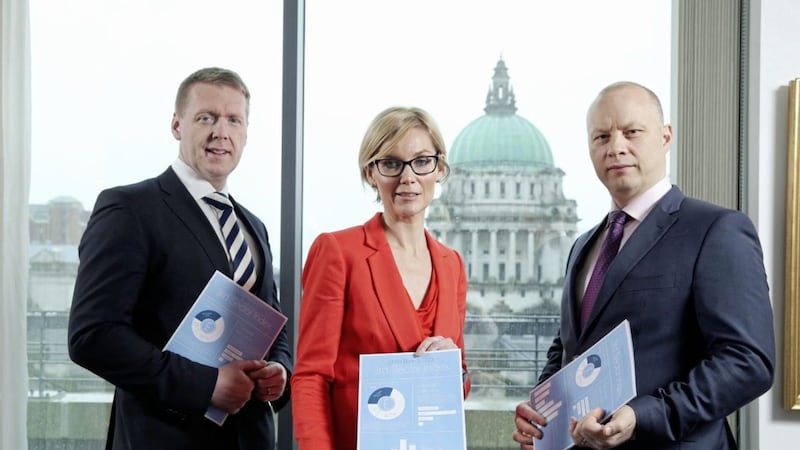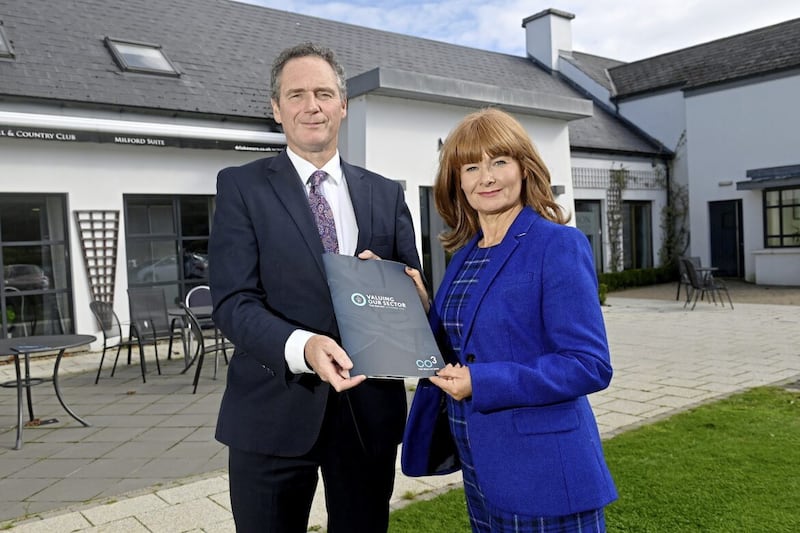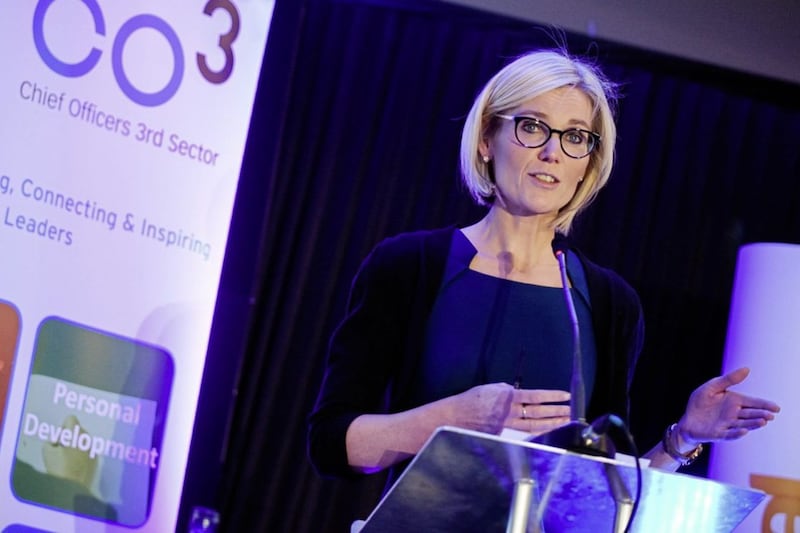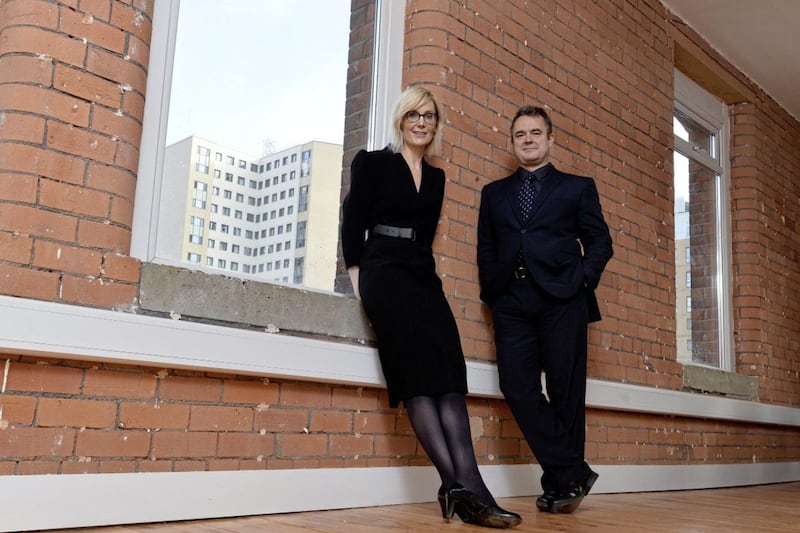THE north's third sector, which comprises many of the regions largest charities and social enterprises, could struggle to deliver in the future in light of the political vacuum.
And leaders in the sector - which has been shrinking in recent months - are demanding "alternative decision-making" in the continued absence of a Stormont Executive.
"The situation is simply unsustainable," said Nora Smith, who heads up the Chief Officers 3rd Sector (CO3) organisation.
Cash flow pressures, recruitment difficulties and uncertainty around the political situation are impacting the sector's ability to deliver key services, according to its quarterly report, produced in association with Ulster Bank.
It garners the view of leaders from many of the organisation's 800-strong membership, drawn from some of Northern Ireland's largest charities and social enterprises through to small community and faith-based groups.
Two thirds of respondents believe the political instability will worsen over the year ahead while a similar number expects the regional economy to deteriorate over the same period.
As fears for the economy and political instability continue, almost three quarters (72 per cent) advocate for a shift in the political decision-making process.
And while opinion is mixed, only 24 per cent believe in maintaining the status quo, opting for civil servants to make decisions about Northern Ireland in the absence of an Executive.
Overall, third sector leaders believe the responsibility for making decisions about Northern Ireland should fall with the Secretary of State (27 per cent), a joint British-Irish intergovernmental conference (25 per cent) or a Citizens’ Assembly (20 per cent).
One respondent to the survey said: “Having no decision makers, having no decisions being made, having civil servants who are afraid to commission anything new and being stuck in contracts that are out of date, under paying us and undervaluing us is frustrating and leaving us unable to have much flexibility in responding to the needs of our groups.”
Despite the uncertain environment though, respondents say that their organisations continue to increase employment (33 per cent increased their headcount in the past quarter) and remain optimistic that turnover will increase.
Ms Smith said: “The political situation remains a key concern and is one members don’t expect to improve. The report shows the lack of a government is impacting on the sector, though the resilience of organisations is also apparent.”
Ulster Bank economist Richard Ramsey says: “The local economy has been resilient in the past year, with private sector activity continuing to increase and labour market statistics posting a number of records of the positive variety, and this is being reflected in the third sector, where despite issues being created by a lack of decision-making in relation to funding, organisations are seeing growing demand and are increasing their headcount.
"Whether this is sustainable in a situation where political stalemate continues and the economy as a whole feels the increasing squeeze of rising inflation and stagnant wages remains to be seen.”







